Reading time
Eight minutes
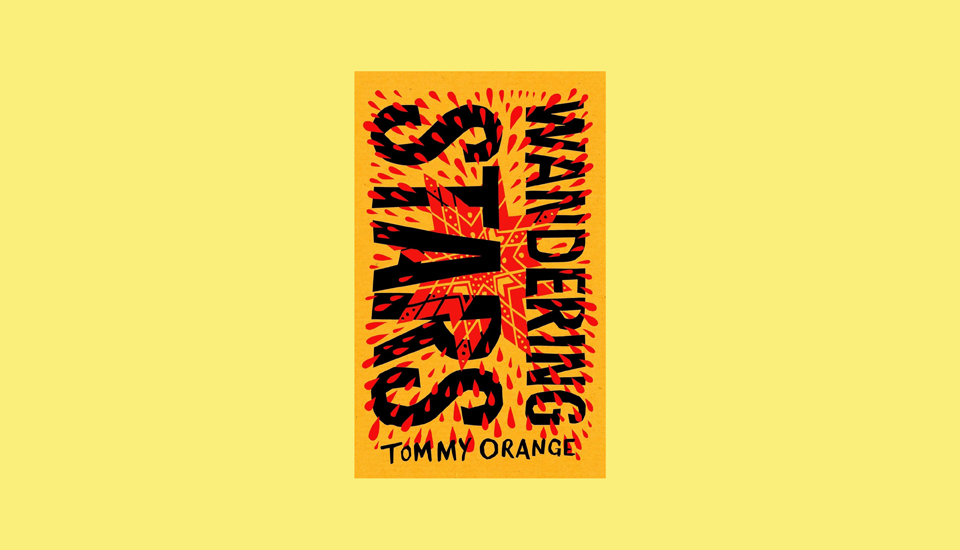
Wandering Stars
Book author: Tommy Orange
Reviewed by Anna Markland
Tommy Orange’s second novel effortlessly traces a family’s path from the Sand Creek Massacre of 1864 to post-Covid Oakland, California. A cast of unique characters, each with a distinct voice, explores what identity, authenticity and legacy mean when your culture is actively being erased. These individual narratives are also often intertwined with stories of addiction, and exploration of the escape and control it promises.
To help us make sense of this alienation and longing for connection, the reader gets to ‘listen in’ on deeply personal conversations — from a mother sharing a moment of hope with her unborn child, to an adoptive father trying to bond over a DNA test, to the internal monologue of Richard Pratt, a prison warden and pioneer of the Carlisle Indian Industrial School (one of the first off-reservation ‘Indian boarding schools’). The author juxtaposes historic and modern-day attempts at eradication of Native American cultures, with the Indian boarding schools of the 19th and 20th centuries set against the opioid epidemic’s effect on Native American young people today.
Orange has an incredible gift for making historic context feel truly alive — inviting us to grapple with potential blind spots in the well-meaning intentions of white liberals today, as well as demonstrating an approach to how we might sit with our own intergenerational history.
Anna Markland is the RSA’s Head of Innovation and Change.
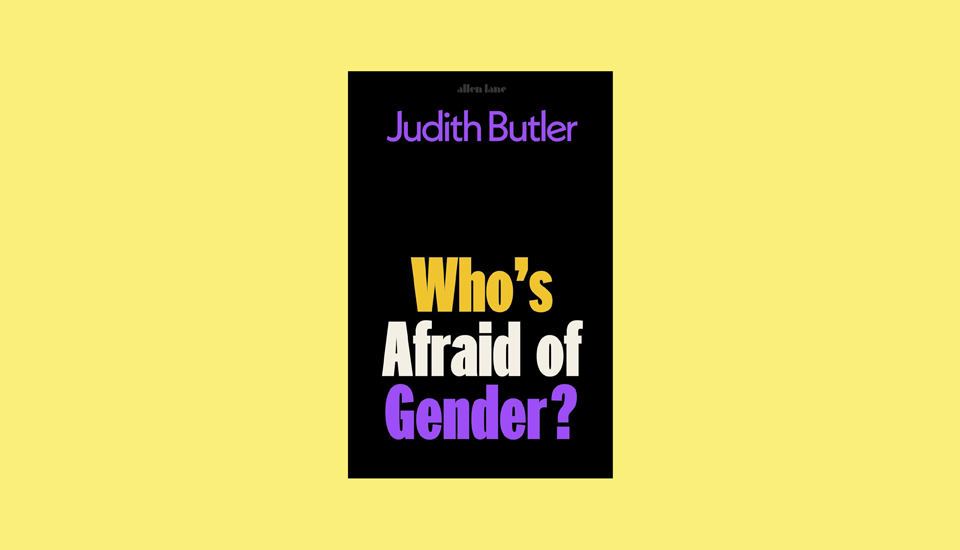
Who’s Afraid of Gender?
Book author: Judith Butler
Reviewed by Victoria Kinkaid
This book takes you on a journey of how the anti-gender movement is growing and galvanising support worldwide, targeting not only gender rights but reproductive rights and equality for women.
Butler explores the anti-gender views of some of the most powerful organisations in the world to draw our attention to how sex and gender is becoming more politicised and restricted.
I found this book very academic and therefore quite a tough read. I think the language and concepts were quite complex, making it less accessible to the average reader.
Overall, however, it is a fascinating book and really made me think critically about how the word ‘gender’ has been harnessed by anti-gender institutions who seek to restrict the freedoms of multiple groups, including women. It also lays out the importance of feminists not being divided by their views on gender, and instead forming a strong coalition against the degradation of gender rights.
The book is a critical plea and call to arms for the world to wake up and see the attack on gender and how it will impact children’s education, trans healthcare and access to essential reproductive services. From it, I will take away the importance of reading both sides of the arguments and exploring texts from people whom you perhaps disagree with in order to allow you to make an informed counter argument.
Victoria Kinkaid is an army doctor and a co-founder of The FGM Education Project.
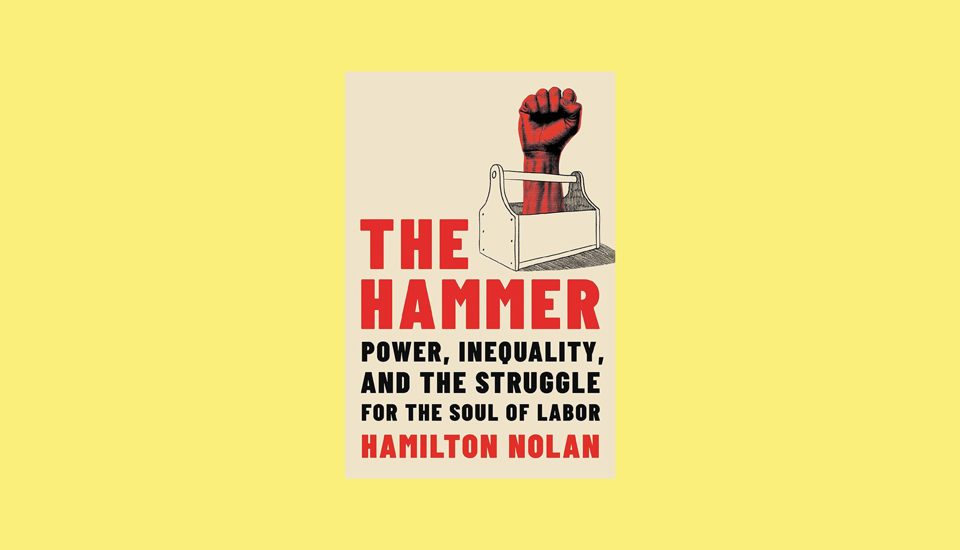
The Hammer: Power, Inequality, and the Struggle for the Soul of Labor
Book author: Hamilton Nolan
Reviewed by Heather MacRae
This book, which explores the evolution of the American labour movement, often feels like three books in one.
The first includes case studies of unions such as United Food. These are brought to life by emotionally loaded insights into the various grassroots organisers advocating for better pay, working conditions and health insurance. The second ‘flies the flag’, championing American union leader, Sara Nelson, the international president of the Association of Flight Attendants – CWA, AFL-CIO. The third, and final, theme challenges readers who “get pissed at your jerk boss, at your too low salary, at incessant and unreasonable demands” to join a union.
This is probably one of the most strident books I have read — and I would have given up after the first chapter if I hadn’t been asked to review it. My determination to read to the end, though, rewarded me with a unique view of America, as Nolan takes great pains to detail not just the lifestyles but the hair — and even the pet dogs — of the activists he champions. And I enjoyed descriptive rants such as: “Las Vegas is… a pulsing, neon-drenched magnet of excess set in a parched desert valley… an abomination against sustainability, good taste, and common sense.”
Heather MacRae is Chief Executive of the Ideas Foundation.
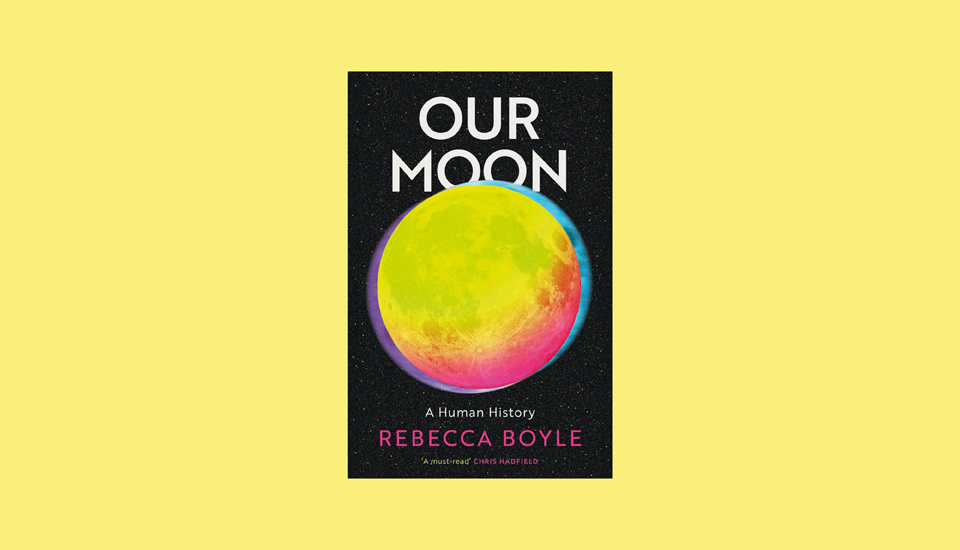
Our Moon
Book author: Rebecca Doyle
Reviewed by Jolyon Miles-Wilson
We know the moon — that silent observer, ever-present. But how well do we really know it? Reading this book is a mind-expanding experience. It begins — as all good stories do — at the beginning, with how the moon came to be. From there, we embark on an epic journey of knowledge, stopping at the momentous milestones of our shared history: the evolution of life from the sea, the creation and control of time, the advent of civilisation, the mathematics of the stars and the day the moon first pulled a human to its surface.
Boyle takes us through cosmic and Earthly history, from the dramatic and violent origin story of Earth and our moon to the Apollo missions and the pieces of moon we brought back, all the way recounting the unique, intimate and consequential relationship between our planet and its silvery satellite.
This book is a captivating read. Expertly weaving learnings from astronomy, archaeology, classical and contemporary history, evolutionary biology, psychology
and more (and introducing us to a colourful cast of characters along the way). It informs, but also inspires. For all the wisdom she imparts, Boyle preserves the sense of mystery and mysticism that our ancestors must have felt when they looked up at our ethereal companion.
Jolyon Miles-Wilson is Senior Quantitative Researcher at the RSA.
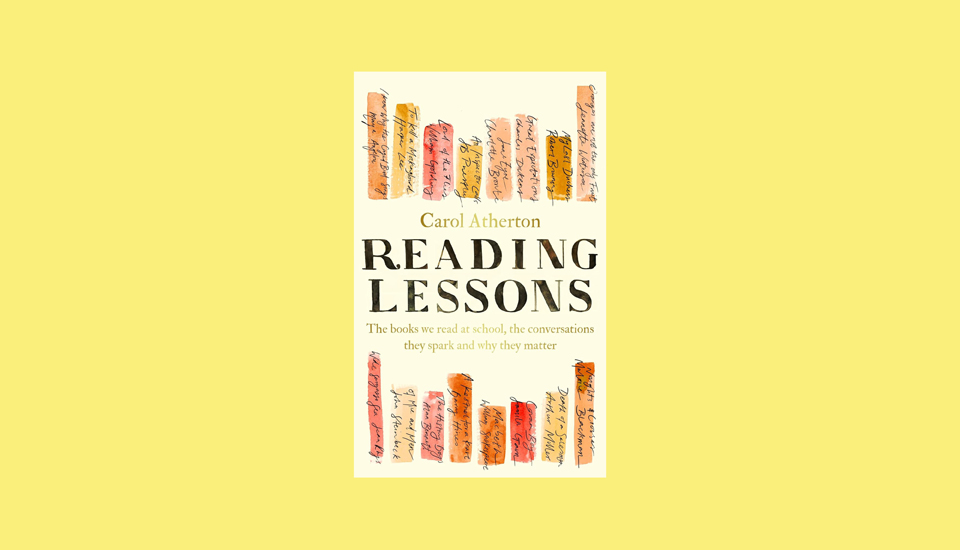
Reading Lessons: The books we read at school, the conversations they spark and why they matter
Book author: Carol Atherton
Reviewed by Nia D Thomas
This book explores the English literature texts that children and young people are taught across the country — their meanings, underlying messages and the discussions they elicit in the classroom. It is beautifully written and has a unique format, as each chapter is structured as an English literature lesson, with the teacher’s notes included.
I read Death of a Salesman by Arthur Miller in school over 30 years ago; I remember thinking it was boring, mundane and uninspiring. But reading Atherton’s commentary about the story hidden between the lines of the play’s dialogue was enlightening.
Reading the chapter dissecting Dicken’s Great Expectations evoked the same sense of immersion I had while reading it, enriched by Atherton’s stories of her own experiences. I loved the quotes she included from children, who shared their thoughts on the story’s bleak and twisting journey and colourful characters. Out of the mouths of babes tumble the wisest words!
Whether you’re a lover of literature or didn’t ‘get’ these books at school, revisiting them through Atherton’s eyes is a real joy, and to be guided by someone as proficient as she is an absolute privilege.
Nia D Thomas is a doctor of self-aware leadership and director of a children’s charity.
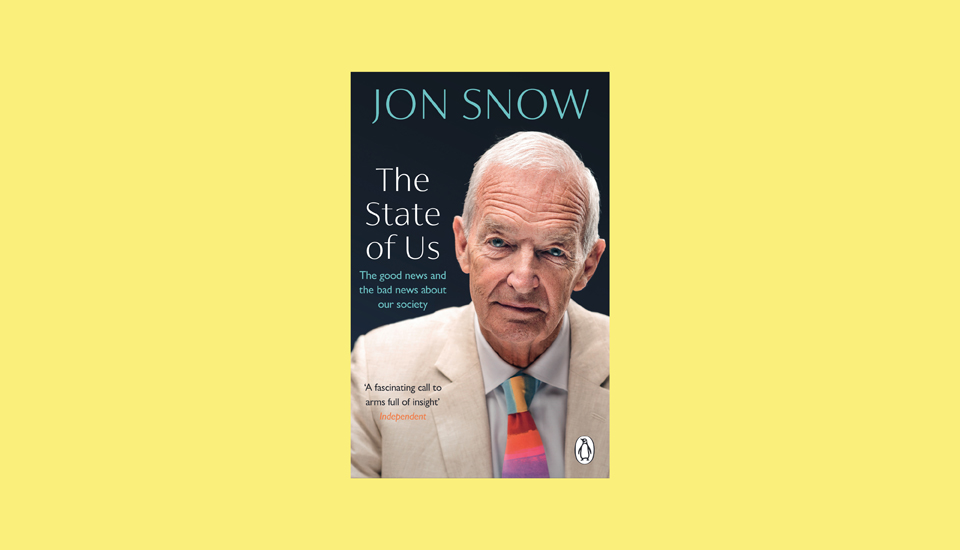
The State of Us
Book author: Jon Snow
Reviewed by Mike Findlay-Agnew
Anyone watching Channel 4 News between the late 1980s and 2021 will be familiar with its former news presenter, Jon Snow, and his vast array of colourful ties. His extensive career more than qualifies him to comment on the ‘state of us’ — and his book is a compelling read for anyone with an interest in modern day politics, how the media operates and the big issues we are facing in the UK today. Snow eloquently describes his passion for supporting people who are often overlooked in society, particularly in education, employment and the media. It’s wonderful that Snow, with his own acknowledged privileges in life, is writing reflectively about this.
I especially appreciated Snow’s poignant commentary on the prevalence and persistence of poverty as the cause of much inequality in Britain. From the book’s preface, which references recent Joseph Rowntree Foundation data on destitution, to his accounts of the lives lost in the Grenfell Tower fire, Snow both intellectualises and humanises what we are going through.
The State of Us has a good combination of facts, humour, self-deprecation and optimism.
For anyone wanting a realistic account of the big issues of today from a familiar face, this is an excellent and accessible read.
Mike Findlay-Agnew is CEO of the International Network of Street Papers.
More book reviews
-
-
-
The Hammer: Power, Inequality, and the Struggle for the Soul of Labor by Hamilton Nolan
Reviewed by Heather MacRae
-
Be the first to write a comment
Comments
Please login to post a comment or reply
Don't have an account? Click here to register.